
2. Motivational Interviewing
A goal-oriented, client-centered approach that aims to facilitate behavior change by exploring and resolving ambivalence.
Founder:
William R. Miller and Stephen Rollnick (1991)
Benefits:
Increases motivation for behavior change; enhances self-efficacy and confidence; reduces ambivalence and resistance to change.
Techniques:
- Open-ended questioning
- Reflective listening
- Exploring ambivalence
- Developing discrepancy
- Rolling with resistance
Evidence-Based Research:
Numerous studies have demonstrated the effectiveness of motivational interviewing in treating various behavioral health conditions, including substance abuse, addiction, and health-related behaviors (Miller & Rollnick, 1991; Hettema et al., 2005).

3. Solution-Focused Brief Therapy
A goal-oriented, strengths-based approach that focuses on identifying and building solutions rather than dwelling on problems.
Founder:
Steve de Shazer and Insoo Kim Berg (1980s)
Benefits:
Increases hope and motivation; enhances problem-solving skills; reduces symptoms of anxiety and depression.
Techniques:
- Identifying and amplifying exceptions
- Scaling questions
- Miracle question
- Goal-setting
- Solution-focused language
Evidence-Based Research:
Research has shown that solution-focused brief therapy is effective in treating various mental health conditions, including anxiety, depression, and trauma (De Shazer et al., 1986; Kim, 2008).

4. Cognitive Behavioral Therapy
A problem-focused, action-oriented approach that aims to identify and change negative thought patterns and behaviors.
Founder:
Aaron T. Beck (1960s)
Benefits:
Reduces symptoms of anxiety and depression; enhances coping skills and problem-solving abilities; improves self-esteem and self-confidence.
Techniques:
- Cognitive restructuring
- Exposure therapy
- Behavioral activation
- Mindfulness-based interventions
- Homework assignments
Evidence-Based Research:
Cognitive behavioral therapy has been extensively researched and proven effective in treating various mental health conditions, including anxiety disorders, depression, and post-traumatic stress disorder (Beck et al., 1977; Butler et al., 2017).

5. Bowen Theory
Definition:
A family systems theory that explains the interconnectedness of family members and their emotional relationships.
Founder:
Murray Bowen (1960s)
Benefits:
Increases understanding of family dynamics; enhances emotional regulation and differentiation; improves relationships and communication.
Techniques:
- Genogram analysis
- Family systems assessment
- Emotional coaching
- Differentiation exercises
- Triangular communication
Evidence-Based Research:
Research has shown that Bowen's Theory is effective in improving family relationships, reducing conflict, and increasing emotional well-being (Bowen, 1966; Kerr & Bowen, 1988).

6. Christ-Centered Approach
Definition:
An integrative approach that incorporates Christian principles and values into the therapeutic process.
Founder:
Various Christian therapists and counselors
Benefits:
Increases spiritual growth and development; enhances sense of purpose and meaning; improves relationships and communication.
Techniques:
- Prayer and meditation
- Scripture-based interventions
- Spiritual assessment and exploration
- Christian-based cognitive restructuring
- Forgiveness and reconciliation exercises
Evidence-Based Research:
Research has shown that Christian-based interventions can be effective in treating various mental health conditions, including anxiety, depression, and trauma (Propst et al., 1992; Wade et al., 2014).

7. SYMBIS Certified Facilitator (Saving Your Marriage Before It Starts)
Definition:
A relationship education program that aims to equip couples with the skills and knowledge necessary to build a strong, healthy marriage.
Founder:
Dr. Les Parrott and Dr. Leslie Parrott (1995)
Benefits:
Enhances communication skills; increases emotional intelligence; reduces conflict and increases marital satisfaction (Parrott & Parrott, 1995; Markman et al., 2010).
Useful Therapy Materials

CLICK
TO
LEARN MORE!

CLICK
TO
LEARN MORE!

CLICK
TO
LEARN MORE!

CLICK
TO
LEARN MORE!

CLICK
TO
LEARN MORE!
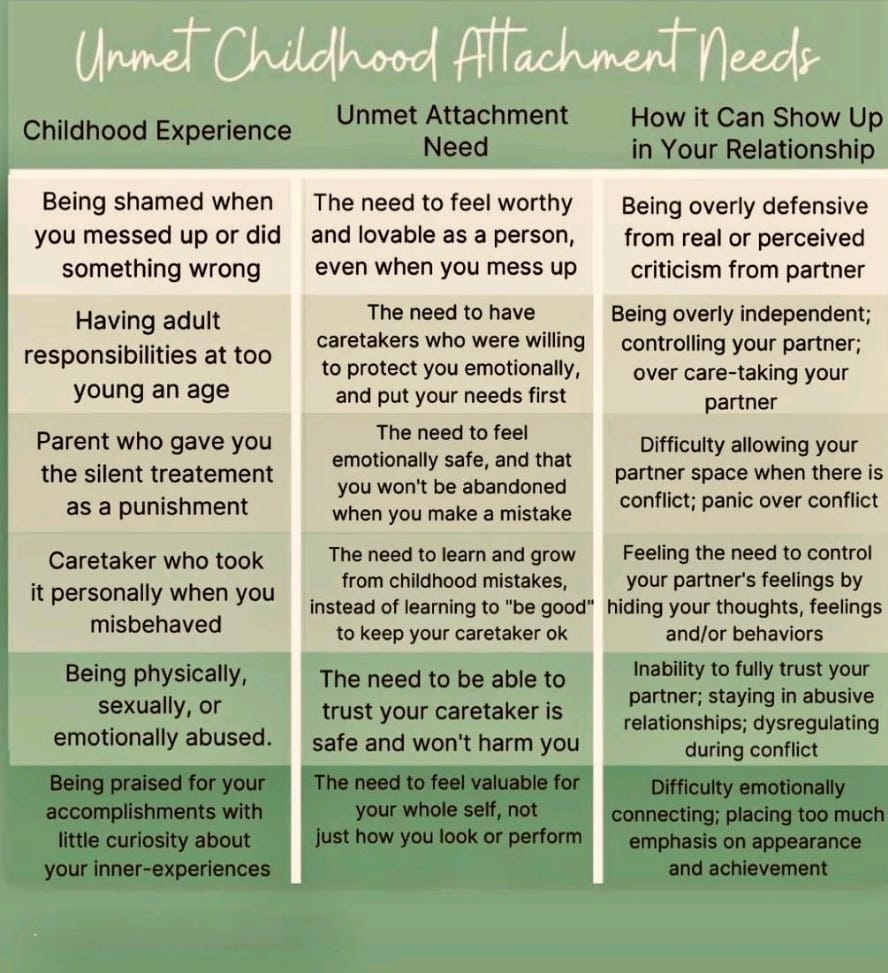
CLICK
TO
LEARN MORE!
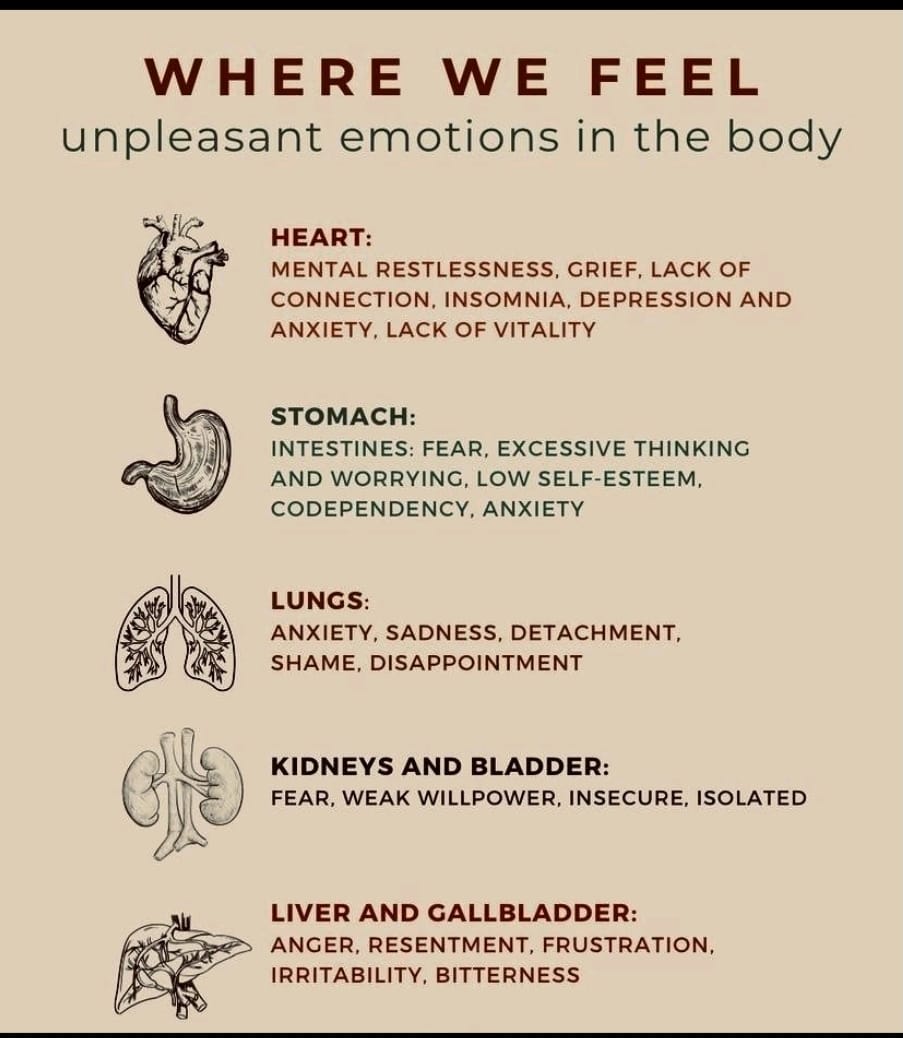
CLICK
TO
LEARN MORE!
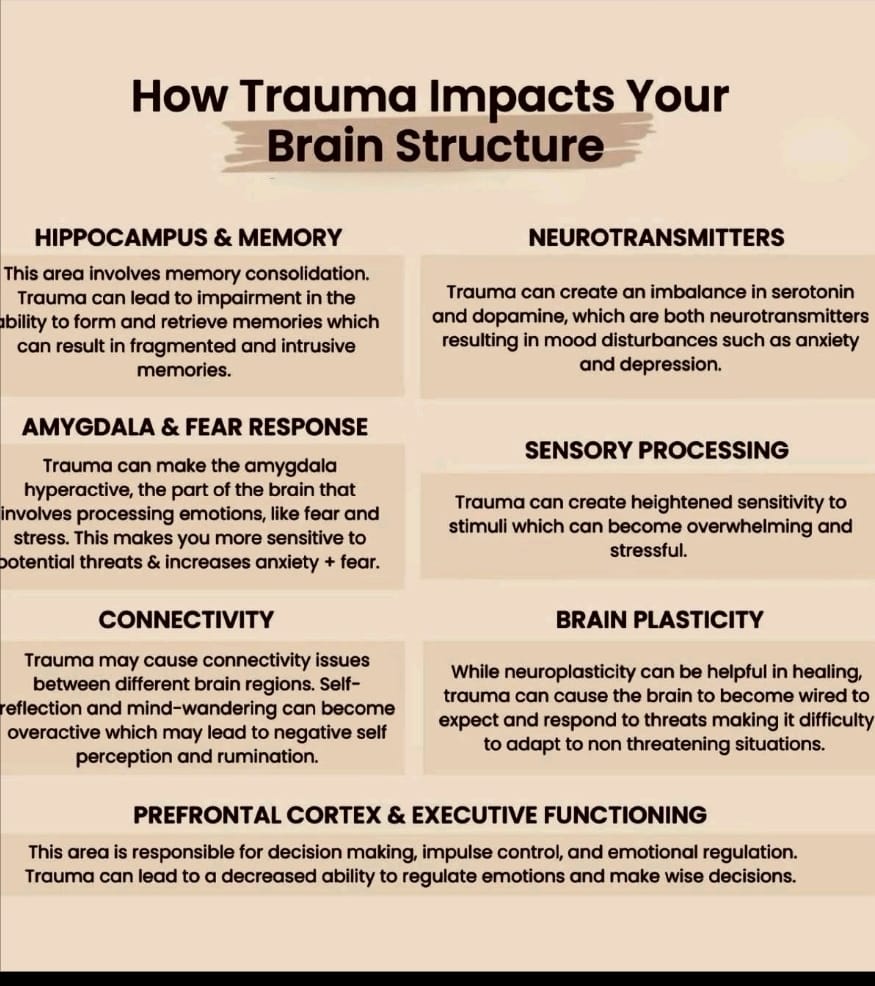
CLICK
TO
LEARN MORE!
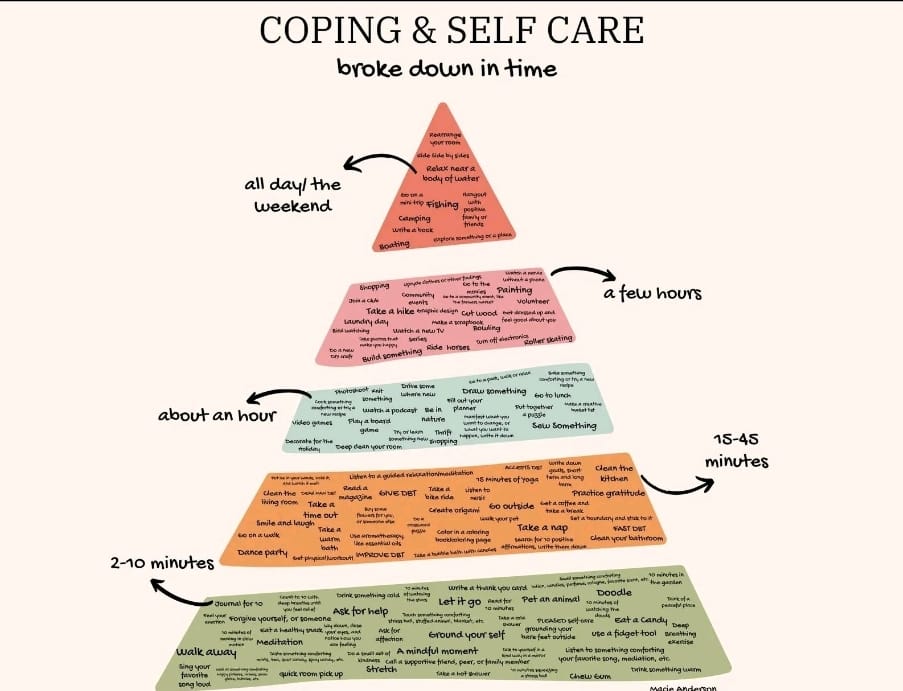
CLICK
TO
LEARN MORE!
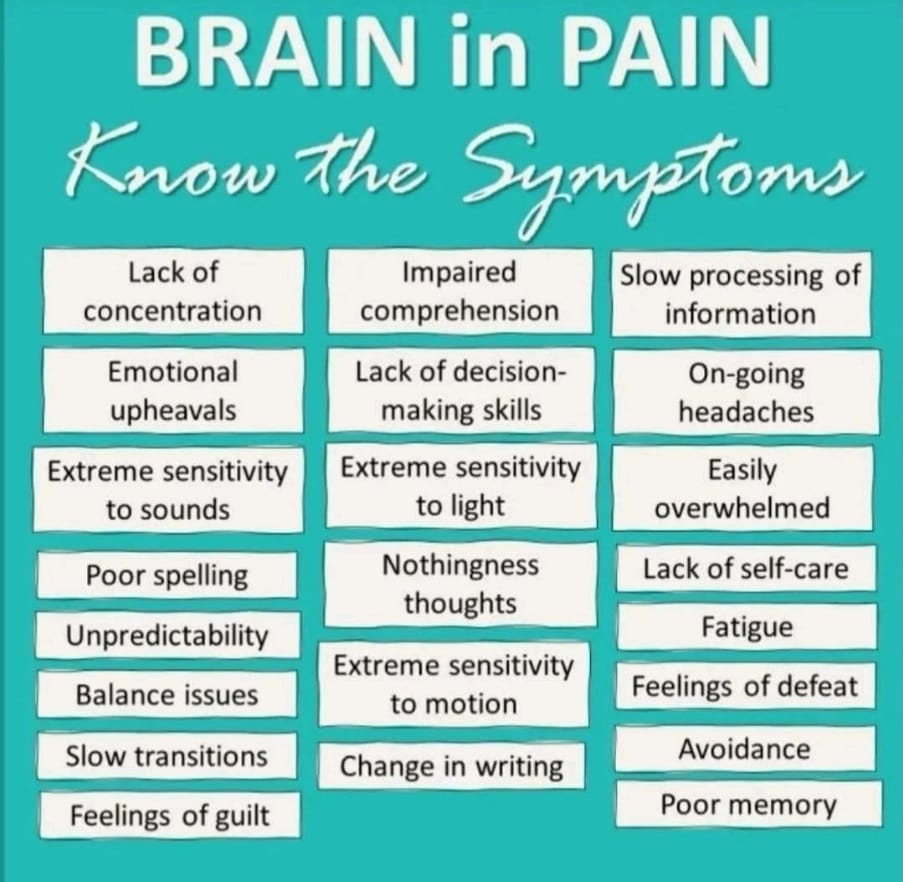
CLICK
TO
LEARN MORE!

